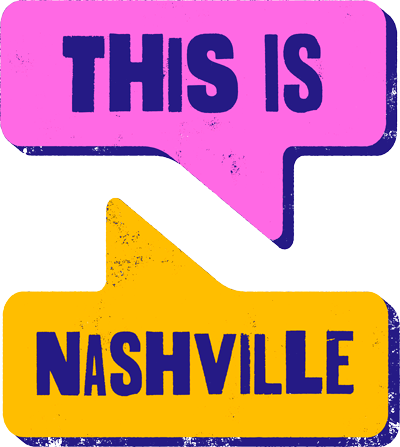
In the wake of the school shooting in Uvalde, Texas, Metro Nashville Public Schools stepped up police presence at middle and high schools, and added additional safety staff at elementary schools in August.
Even though the increase in security is aimed at making public schools safer, it has some juvenile justice advocates concerned because, historically, students of color and students with disabilities have been more likely to face discipline and arrest.
“Amid all of this increased school security, folks have been talking about the school-to-prison pipeline,” said Nashville Scene education reporter Kelsey Beyeler on Monday’s episode of This Is Nashville. Beyeler recently wrote about how MNPS is trying to address the mental and behavioral needs of students while also stepping up security.
School resource officers at MNPS middle and high schools have been around for years. SROs are not supposed to disciple students, but “they’re there to build relationships with students and increase safety and security,” said Beyeler.
The security plan for elementary schools includes unarmed, plainclothes “safety ambassadors” on campus. However, the district has not yet announced when the safety ambassadors are expected to begin their roles.
“They’re kind of an answer to the concern that folks have about having armed police officers in elementary school. ‘Do we really need to have uniformed armed officers around small children?’ This is kind of the city’s answer to that,” Beyeler said.
There are still questions about the effectiveness of SROs in schools. Research from the Center of Public Integrity shows that SROs do little to reduce violence, and their presence can be damaging to students of color or with disabilities.
Through her reporting, Beyeler found that there are no good records tracking how many students have been arrested at Nashville public schools by SROs or police officers.
“That was one of the biggest touch points of my reporting is that information is not intentionally and specifically tracked by really any organization. MNPS, (Metro Nashville Police Department), the juvenile justice system — they could find that information if they really wanted to, but it’s not it’s not something that they, like I said, specifically intentionally track,” she said.
Beyeler also added that SROs “are not a monolith.”
“It’s really easy to talk about how they are harmful to students, and we’ve absolutely seen incidents of that. However, what I hadn’t heard until I really looked into it as much are the ways in which they can be real pillars of the school community as well. … I’ve seen a school that put up a plaque of an officer in the school.”
However, there is still the concern that investing public schools’ limited funds in more security officers will lead to an increase in the criminalization of childhood behaviors when that money could be used for other resources, like school counselors.
“MNPS is trying to do that with restorative justice practices, peace centers, advocacy centers, things like these. But … a common issue is that there needs to be more. There needs to be more funding for it. There needs to be more counselors in schools. There needs to be more support and resources for these students to rely on both inside and outside of schools,” said Beyeler.


